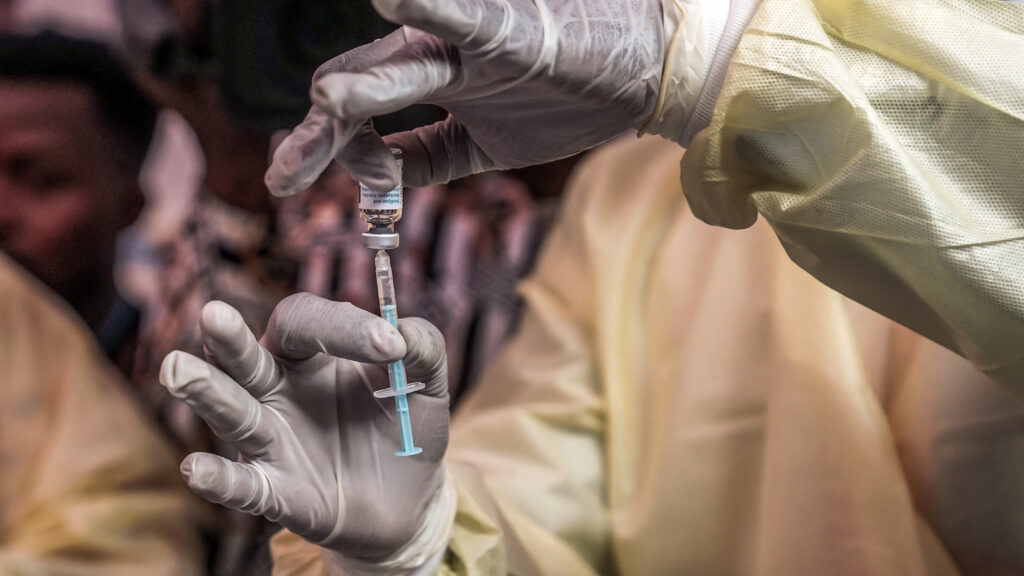
The World Health Organization (WHO) has officially declared an end to the global emergency status over the mpox outbreak, as the situation in several African nations shows significant improvement. On Friday, WHO Director-General Tedros Adhanom Ghebreyesus announced that the outbreak no longer constitutes a public health emergency of international concern (PHEIC), following a sustained decline in cases and fatalities.
“This decision is based on sustained declines in cases and deaths in the Democratic Republic of the Congo and in other affected countries, including Burundi, Sierra Leone, and Uganda,” Tedros stated during a press briefing.
Background and Initial Declaration
The WHO initially declared the mpox outbreak a PHEIC in August 2024, responding to rising transmission rates, concerns over international spread, and the emergence of a new virus strain. The declaration was intended to mobilize international resources and enhance global awareness about the outbreak’s potential threat.
However, a panel of experts convened this week concluded that the outbreak’s abatement meant it no longer posed a global threat. Despite the lifting of the emergency status, health officials emphasized the importance of continued vigilance and efforts to combat the virus in the affected regions.
Current Situation and Statistics
Globally, over 34,000 confirmed mpox cases have been reported from the beginning of the year through July 31, resulting in 138 deaths. The Democratic Republic of the Congo, the epicenter of the outbreak, accounted for more than 15,000 cases, including 30 fatalities. Countries like Uganda, Sierra Leone, and Burundi reported the majority of the remaining cases.
In a recent report, the WHO noted that 21 African countries had reported ongoing virus transmission over the past six weeks, with various clades spreading across the continent.
While some cases have been identified outside Africa, in nations such as China, Germany, Turkey, and the U.K., these were linked to travel rather than community transmission.
Expert Insights and Future Strategies
Tedros, alongside Dimie Ogoina, a Nigerian infectious disease expert and chair of the mpox emergency committee, highlighted the improved understanding of the virus’s transmission and risk factors. They noted that countries have enhanced diagnostic access, surveillance, care systems, and vaccination networks, with nearly 1 million vaccine doses administered.
“Mpox remains a public health concern, globally and especially in Africa, and there’s a need for us not to be complacent about the response strategy and not throw away what we have gained,” Ogoina remarked.
Ogoina emphasized the importance of maintaining political commitment and resources to combat the virus, advocating for both short- and long-term strategies. Tedros echoed this sentiment, warning of potential flare-ups and underscoring the need to protect vulnerable groups, particularly people with HIV and young children.
Understanding Mpox and Its Impact
Mpox, believed to be carried by small rodents in some African countries, causes painful rashes and can lead to severe symptoms such as fever, muscle aches, and respiratory issues. The infection poses a significant risk to young children and individuals with compromised immune systems, with most deaths occurring in children under five years old.
The PHEIC mechanism allows the WHO to issue temporary recommendations to guide countries in addressing public health threats. The previous mpox PHEIC, from July 2022 to May 2023, was linked to global spread, particularly through sexual contact among men who have sex with men, marking the first recorded instance of ongoing person-to-person transmission.
The announcement to end the current PHEIC reflects a positive shift in the global response to mpox, yet underscores the need for continued vigilance and strategic planning to prevent future outbreaks.





